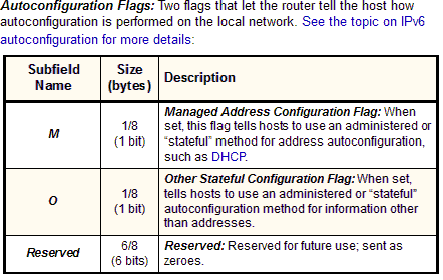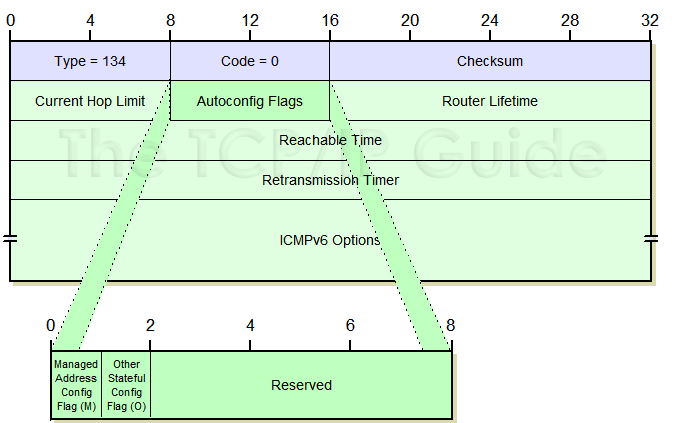 |
|
Please Whitelist This Site?
I know everyone hates ads. But please understand that I am providing premium content for free that takes hundreds of hours of time to research and write. I don't want to go to a pay-only model like some sites, but when more and more people block ads, I end up working for free. And I have a family to support, just like you. :)
If you like The TCP/IP Guide, please consider the download version. It's priced very economically and you can read all of it in a convenient format without ads.
If you want to use this site for free, I'd be grateful if you could add the site to the whitelist for Adblock. To do so, just open the Adblock menu and select "Disable on tcpipguide.com". Or go to the Tools menu and select "Adblock Plus Preferences...". Then click "Add Filter..." at the bottom, and add this string: "@@||tcpipguide.com^$document". Then just click OK.
Thanks for your understanding!
Sincerely, Charles Kozierok
Author and Publisher, The TCP/IP Guide
|
|
|

Custom Search
|
|
ICMPv6 Router Advertisement and Router Solicitation Messages
(Page 2 of 3)
ICMPv6 Router Advertisement Message Format
The formats of the ICMPv6 Router Advertisement and Router Solicitation messages are fairly similar to their counterparts in ICMPv4. The main differences are in the parameters that are communicated. Since routers are responsible for a few more functions in IPv6 than they are in IPv4, the Router Advertisement message in ICMPv6 has a few more fields than the older version.
The format of an ICMPv6 Router Advertisement message is described in Table 109 and shown in Figure 158.
Field Name |
Size (bytes) |
Description |
Type |
1 |
Type: Identifies the ICMPv6 message type; for Router Advertisement messages the value is 134. |
Code |
1 |
Code: Not used; set to 0. |
Checksum |
2 |
Checksum: 16-bit checksum field for the ICMP header, as described in the topic on the ICMP common message format. |
Cur Hop Limit |
1 |
Current Hop Limit: This is a default value the router is telling hosts on the local network they should put in the Hop Limit field of datagrams they send. If 0, the router is not recommending a Hop Limit value in this Router Advertisement. |
Autoconfig Flags |
1 |

|
Router Lifetime |
2 |
Router
Lifetime: Tells the host receiving this message how long, in
seconds, this router should be used as a default router. If 0, tells
the host this router should not be used as a default router. |
Reachable Time |
4 |
Reachable Time: Tells hosts how long, in milliseconds, they should consider a neighbor to be reachable after they have received reachability confirmation. See the Neighbor Discovery topic discussing neighbor unreachability detection for more. |
Retrans Timer |
4 |
Retransmission Timer: The amount of time, in milliseconds, that a host should wait before retransmitting Neighbor Solicitation messages. |
Options |
Variable |
Options: Router Advertisement messages may contain three possible options (see the topic on ICMPv6 options for details): [ Source Link-Layer Address: Included when the router sending the Advertisement knows its link-layer (layer two) address. [ MTU: Used to tell local hosts the MTU of the local network when this information may not be known by hosts on the network. [ Prefix Information: Tells local hosts what prefix or prefixes to use for the local network. (Recall that the “prefix” indicates which bits of an IPv6 address are the network identifier compared to the host identifier; it is thus analogous to an IPv4 subnet mask). |
|
|
| |||||||||||||||||||
Home - Table Of Contents - Contact Us
The TCP/IP Guide (http://www.TCPIPGuide.com)
Version 3.0 - Version Date: September 20, 2005
© Copyright 2001-2005 Charles M. Kozierok. All Rights Reserved.
Not responsible for any loss resulting from the use of this site.







